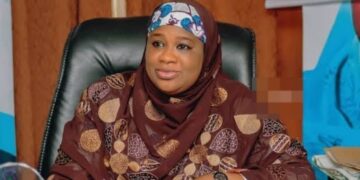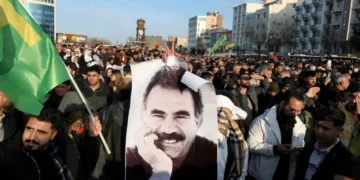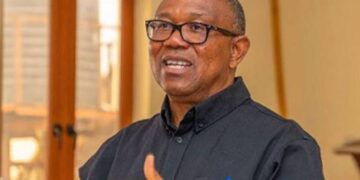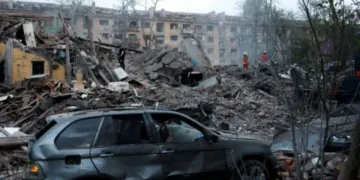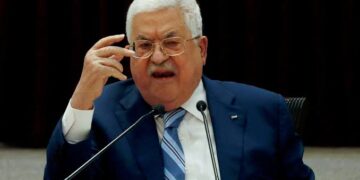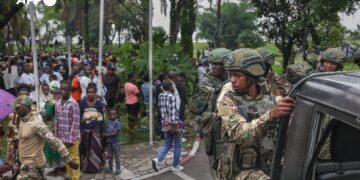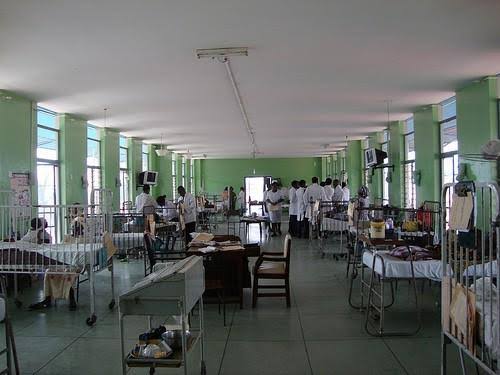The federal government has announced the development of a comprehensive implementation plan for catastrophic health insurance to support patients with end-stage renal diseases, sickle cell disease, and cancers.
The Minister of State for Health and Social Welfare, Iziaq Salako, revealed this on Tuesday in Abuja during a ministerial media conference to mark World Cancer Day 2025.
This year’s global theme for World Cancer Day, observed annually on February 4, is “United by Unique.”
Mr Salako explained that the government had developed the health insurance plan in line with the National Health Insurance Authority Act of 2022, with a focus on cancer care.
He said the health insurance would benefit from the Basic Healthcare Provision Fund and other funding mechanisms within the NHIA.
He added that the ministry was scaling up efforts to improve access to cancer care services in all federal tertiary hospitals for timely diagnosis and comprehensive treatment.
Mr Salako stated, “Plans have been finalised to establish and upgrade six federal teaching hospitals across the country with new radiotherapy and nuclear medicine facilities. Three of these centres are set to be commissioned in May 2025, with the remaining three to be commissioned before World Cancer Day 2026.’’
He emphasised that the initiative would continue throughout the administration, with the goal of ensuring that by 2030, all regions of Nigeria would be equipped to treat all forms of cancer.
He added that the strategy aligned with the World Health Organisation’s global target of eliminating cervical cancer and other preventable cancers by 2030.
Mr Salako stressed that cancer care should not be limited to urban areas and announced that the federal government would incentivise states and local governments to participate more actively in cancer treatment.
The minister also inaugurated a newly constituted 35-member Nuclear Medicine Technical Working Group (NM-TWG) to advise the ministry on developing and implementing nuclear medicine services in Nigeria.
He said this was part of strengthening the country’s collaboration with the International Atomic Energy Agency (IAEA) and other international partners.
Director-General of the National Institute for Cancer Research and Treatment (NICRAT), Usman Aliyu, outlined significant strides in implementing the National Strategic Cancer Control Plan (2023–2027).
Mr Aliyu said, “These efforts include training healthcare workers in basic cancer prevention services across Nigeria’s six geopolitical zones and introducing preventive oncology clinical services starting in 2024. NICRAT is also focused on building research capacity in selected institutions and pioneering collaborative research in cancer genomics.
“This initiative will map genetic mutations of common cancers in Nigeria, laying the foundation for precision oncology care not just in Nigeria but across the black race.’’
However, President of the Nigerian Cancer Society, Abidemi Omonisi, criticised the N150 million allocated to the Cancer Health Fund in the 2025 Appropriation Bill.
He noted that cancer treatment often costs between N15 million and N25 million, which many patients cannot afford.
Mr Omonisi also called for neglected cancers to be included in the CHF.
He further lamented the lack of involvement from many state governments in the fight against cancer.
He stressed that, while the federal government was making significant efforts, the states needed to do more for the initiative to have a real impact.
The Country Representative of WHO, Walter Mulombo, commented on the theme, emphasising that it highlighted the unique experience of every cancer patient and advocated a people-centred approach to cancer care.
Mr Mulombo stated, “This approach ensures that health systems focus not only on treating the disease but also on the needs and experiences of individuals, families, and communities.’’
World Cancer Day serves as an international observance to raise awareness about cancer and encourage prevention, early detection, and treatment.
The “United by Unique” campaign promotes a people-centred approach to cancer care, putting individuals and communities at the heart of health systems.
(NAN)











